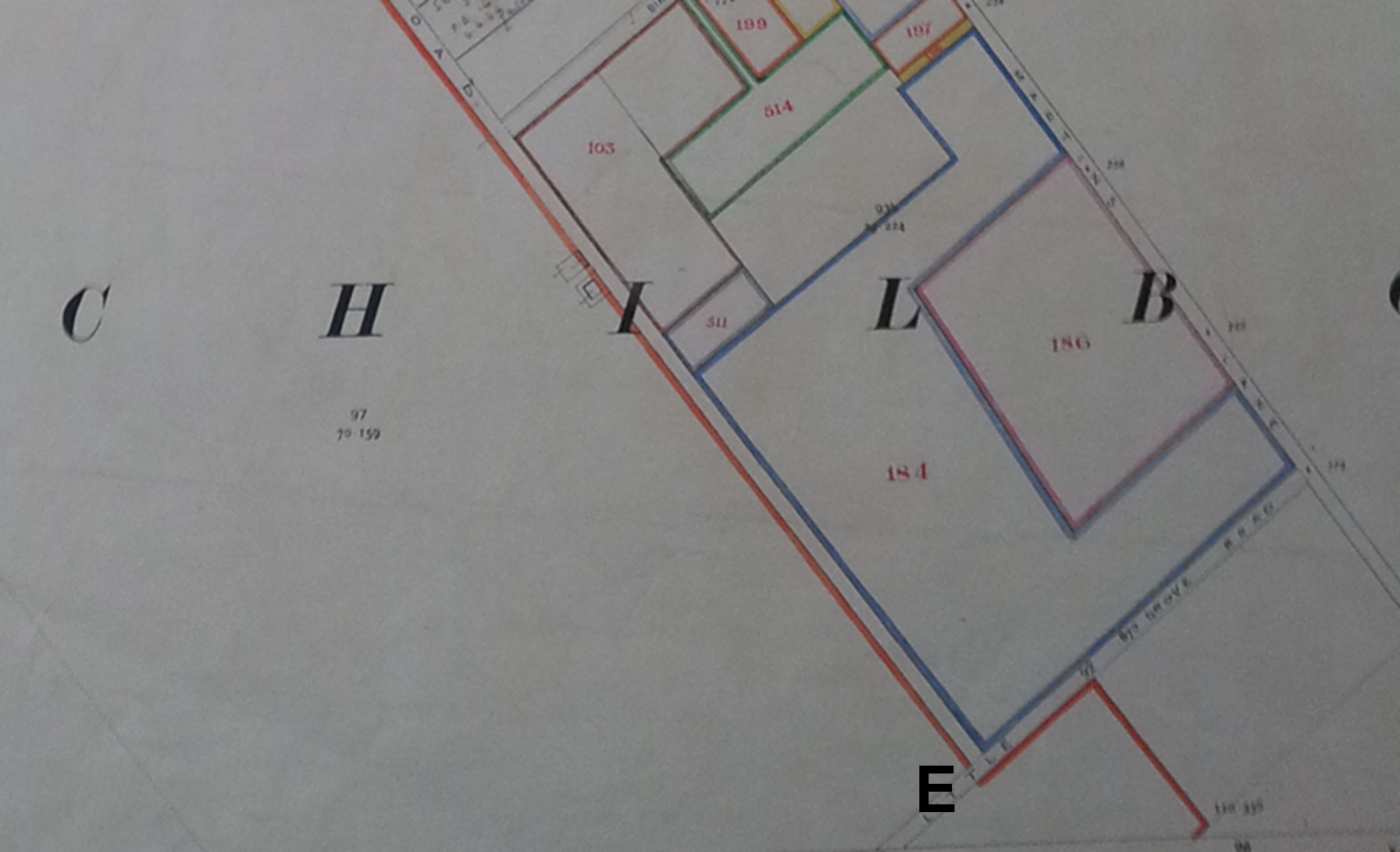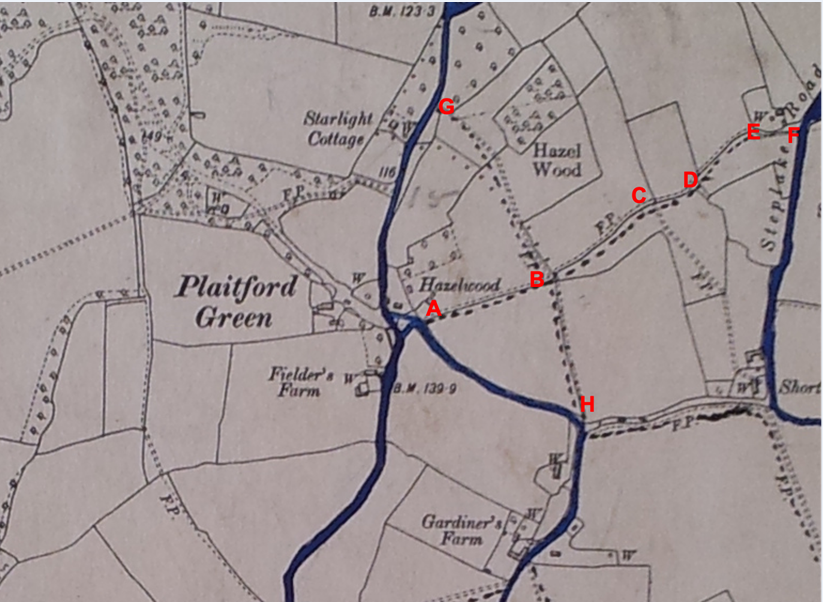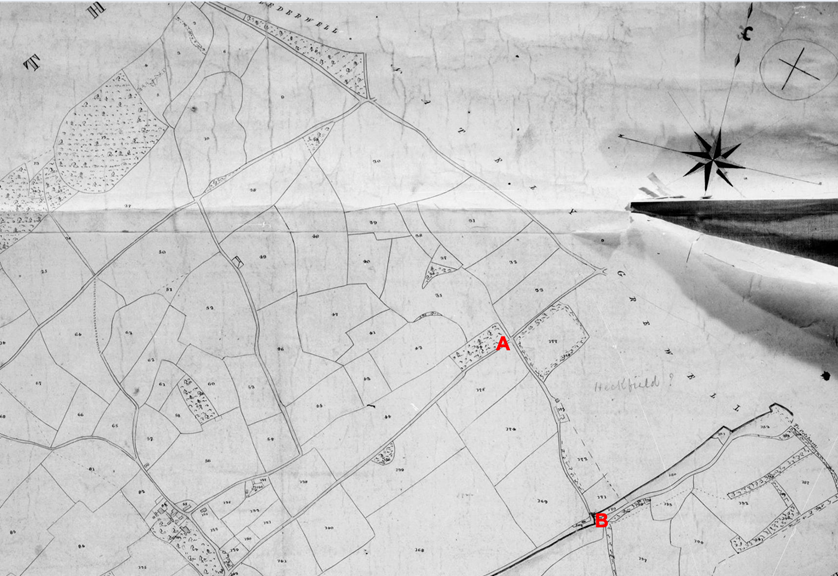Don't Lose Your Way UPDATE
Good news! On 16th February 2022, the UK government announced that the 2026 deadline of registering historic paths is to be abolished in England - this means there is no immediate pressure to register these Rights of Ways. This will ease the pressure on the volunteers working on the project and will help ensure that most paths are recorded and protected for future generations.
Read more about what this means for the project on the Hampshire Ramblers website.
The UK’s historic walking trails have been used for millennia. Roman sandals have walked the same paths as modern trainers. But these routes are in danger of disappearing forever. Join Peter Cresswell and Paul Howlands from the Hampshire Ramblers to learn how they’re being saved!
2026 represents the deadline for retracing and reclaiming lost paths, and old rights of way, that have since dropped off the (latest) map in England and Wales. In this episode, we hear from two volunteers leading the effort to uncover what has been lost, and restore the rights of way to the map before time runs out. The project, ‘Don’t Lose Your Way’, aims to bring a nationwide community of volunteers together to review old maps of England and Wales, spot historic rights of way that no longer appear on the most modern plans, and support applications to have these ‘lost paths’ restored and preserved for posterity.
With a 2026 Deadline (instituted by the 2000 Countryside Rights of Way Act), the clock is ticking for this crucial work. But as we hear, there’s more to this than rushing to reclaim every path: prioritising which paths we look at matters - as does taking account of changes that have occurred over time - where development has blocked a way, for example, diversion is an important option today. Listen-in for a great guide as to where to start finding paths, what to consider when scanning the map and then, if you’re keen, how you too can lend a hand!
Alongside hearing about the project and its processes, we take a look back at how walking has helped us connect with our past throughout history and how our rights of way have been recorded in different types of sources over time. Sources like Tithe Maps are things of beauty in themselves and we hear first-hand how leafing through these documents allows us quite literally walk through time, witnessing the growth of towns, seeing local industry come and go and tracing changes in landscape, society and government in each evolution.
Discover more
Peter Cresswell (pictured) is Hampshire born and bred, having grown up in Bishopstoke and only having moved as far as Fareham. He is the Area Publicity Officer for the Hampshire Ramblers, which oversees all the county’s individual Ramblers groups, including the age-targeted groups like the Hampshire 20/30s Walking group, of which Peter is currently the youngest Area Committee position-holder.
Peter is passionate about dispelling the myth that the Ramblers is just for the retired, and is keen to get more younger people into walking, appreciating the natural world around us and enjoying both the physical and mental health benefits walking can bring. He has a long-held passion for the outdoors, the environment, history and literature as well as being in, and experiencing it… Whether that be a quiet walk along a wildlife-filled canal in Titchfield, walking in the footsteps of Charles II along the Monarchs way or seeing and experiencing the same things that - who knows? - may have influenced Jane Austen.
Paul Howland is a volunteer contributor to the ‘Don’t Lose Your Way’ project. He grew up in the Chilterns (Buckinghamshire) and has always been a keen walker. He moved to Andover in Hampshire in 1986 and has worn out many hiking boots walking the ancient paths that criss-cross this history-laden county. Paul joined the Ramblers around 1995 and was the Andover Ramblers Group footpath secretary between 2000 and 2005, before he started working on the Ramblers Don’t Lose Your Way project in November 2016. He has so far investigated 515 routes and made Definitive Map Modification Order Applications for 186 of them. His favourite walking places are the Himalayas where he met his wife, the Alps where his in-laws live, the White Mountains in Crete and much of this green and pleasant England he calls home.



“Protecting these lost ways is important because if we lose them, we lose a connection to the past”
Further Resources and Links
Some advice from Paul Howland:
“The key to a successful application for a lost public right of way (PROW) is to show on the balance of probability the accumulated evidence confirms the likelihood of a particular route being a PROW.
When researching a route, its history unfolds, often providing tantalising glimpses into the lives of the people who used or owned them over the previous centuries. Their struggles, their work and their way of life. These fragments of the landscape also reflect the national and international challenges facing the political classes. How to raise more tax (Finance Act), how to cope with poor roads (Turnpike Act), how to respond to the motor car and tarmacadam and how to improve agricultural efficiency (Enclosure acts).
Having researched over one hundred lost ways, never again will I walk through the Hampshire landscape without pausing occasionally to think of the people who trod these routes or travelled them in their carriages. They, after all, made us what we are today.”
Why not explore the Ramblers ‘Don’t Lose Your Way’ project website, where you can sign up and also access maps to help you identify lost paths.
More old maps can be accessed at https://www.oldhampshiremapped.org.uk and https://maps.nls.uk
You can also visit the Hampshire Ramblers home website or have a look at their Hampshire 20s and 30s Walking Group.
If you’re on Facebook, just search for ‘Hampshire Ramblers’ or “Hampshire 20&30sWalking Group” for more information.


